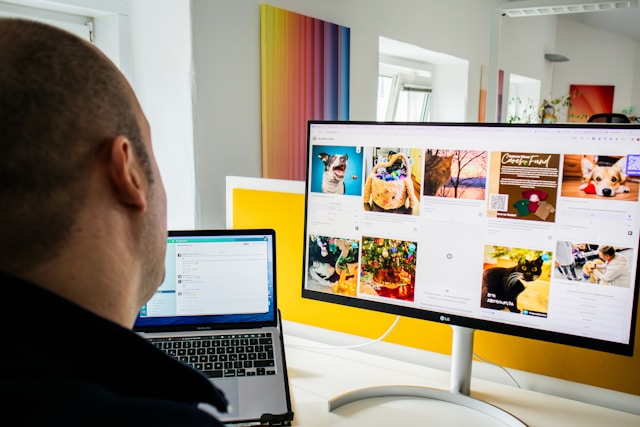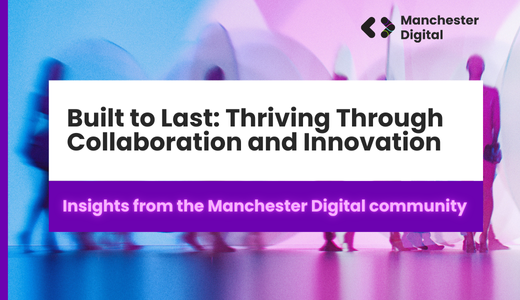Did you know, for example, that the first stored programme computer and the world’s thinnest material, graphene, both began life at the University of Manchester?
The first passenger railway was built here too. The first atom split. The first test-tube baby created. And scientist John Dalton made his name writing atomic theory in this not-so-humble part of the United Kingdom.
More recently Manchester has developed a thriving tech scene, with some of Britain’s big names passing up the heady lights of London to call this northern city home (LateRooms, Boohoo and Auto Trader UK to name a few). This burgeoning hub now employs more than 50,000 people in the digital and creative sector.
UK Business Angels Association CEO Jenny Tooth recently praised Manchester’s tech investment potential, while the city’s mayor Andy Burnham described it as being “on the digital frontier with some of the most cutting-edge tech firms in the world.”
Clearly Greater Manchester is already on track to become the UK’s digital leader, but it’s not there yet. In this post I’m going to explore why co-innovation is the key to ensuring it reaches that potential.
Why co-innovation matters
The concept of co-innovation is nothing new in Manchester. You only need to take a trip to Manchester Science Partnerships’ central campus to see that.
Manchester Science Park is home to more than 170 companies across health tech, ICT, digital and creative and other sectors. And the organisation exists to help fledgling tech firms connect with established businesses so both can learn from each other and grow.
This latter underlines exactly what co-innovation is about: not just helping up-and-coming entrepreneurs but creating an ecosystem in which everyone becomes stronger.
Part of that comes from partnering with those outside the private sector.
The Greater Manchester Combined Authority has long recognised the importance and potential of the region’s growing tech scene, offering support to local businesses such as free advice on gaining investment and access to professional training.
Academia, too, plays a key role in Manchester’s co-innovation story.
Much of the city’s tech innovation happens along the corridor, which sits conveniently between the University of Manchester and Manchester Metropolitan University. With a solid reputation for engineering and technical courses, those universities provide a vital stream of graduate talent and research capability.
These elements combined give the area a powerful blend of private sector, government and academic collaboration, making it the perfect breeding ground for tech success.
A new project is taking this concept and creating a space dedicated to helping northern tech start-ups flourish and scale through co-innovation.
The post-accelerator centre, called Mi-IDEA, is a joint venture backed by Cisco UK&I and Manchester Science Partnership and is designed to foster collaboration between business, academia and government.
Once opened, it will give local entrepreneurs the space and support to grow their companies, allowing them access to a whole range of new contacts and partnership opportunities.
Check out this video to find out more about the new Mi-IDEA centre:
Sparking a digital revolution in the north
It’s fair to say co-innovation has played a huge part in making Greater Manchester’s tech scene as promising as it is today.
But in order for this area to reach its full potential, everyone – corporates, start-ups, academics, government figures, and anyone who wants to see Greater Manchester go far – must come together as one community and spark the digital revolution Andy Burnham talked about.
As the mayor said himself, he has ambitions to firmly establish this region as the UK’s digital leader.
Centres like Mi-IDEA will inevitably play a part in that – bringing creators, big thinkers and innovators together from all walks of life to make Greater Manchester the best place on Earth to start a tech business.
Here’s to an exciting digital future!
By Sarah Matin from Cisco Systems









